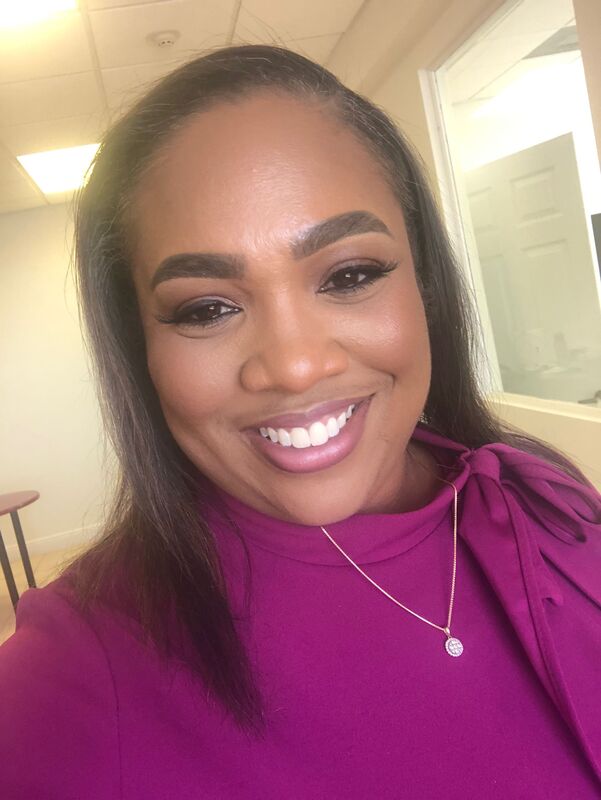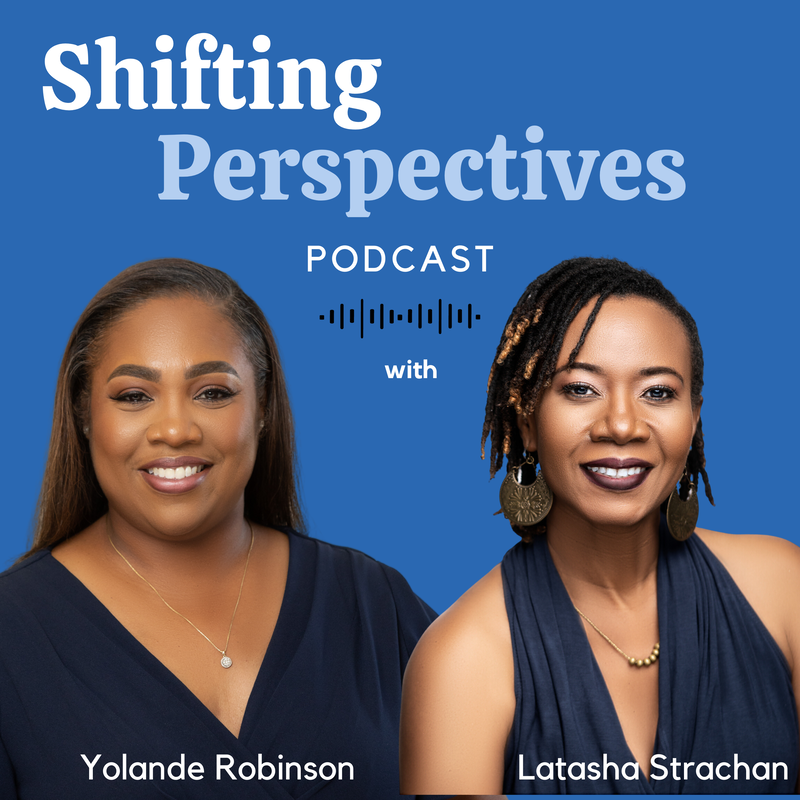0 Comments
 Did you know that active learning techniques, like teaching the material to someone else or using flashcards, can significantly enhance retention? Active learning engages different parts of the brain, making it easier for students to understand and remember the material. Encourage your teen to try these methods: Teaching the Material: Have your teen explain concepts to you or a study buddy. Teaching forces them to process the information deeply and identify any gaps in their understanding. Using Flashcards: Flashcards are a great tool for reinforcing memory through repetition. They are especially useful for subjects that require memorization, such as vocabulary or key facts. By incorporating these active learning strategies into their study routine, your teen can improve their understanding and retention of the material, setting them up for success during exams!  Last week, we delved into the topic of reflective practice within the realm of education and teaching. Today, as I sit down to write this, I'm reminded of how crucial reflection is not only in our professional lives but also in our roles as parents. Reflective practice isn't just a tool for educators like myself— it's a powerful tool that shapes how we nurture, teach, and interact with our children. Why is reflective practice important for us as parents? Reflective practice isn't about criticizing ourselves or dwelling on mistakes. It's about taking a moment to pause, to think about the interactions we've had with our children, and to consider how we can grow from those experiences. When we reflect, we become more mindful and intentional in our parenting approach. We start to notice patterns in our children's behavior and our responses to them. This awareness allows us to make adjustments that can strengthen our connection with our kids and support their development in meaningful ways. How does our reflective practice impact our children? Our children are always watching us, learning from how we handle situations and navigate the ups and downs of life. When we practice reflection, we model for them the importance of self-awareness and growth. They see that it's okay to make mistakes and that learning from them is what matters most. Our reflective practice fosters a nurturing environment where open communication and empathy thrive, laying a strong foundation for their own emotional intelligence and resilience. What can we do to cultivate a reflective practice? Start small. Set aside a few minutes each day to think about your interactions with your child. Journaling can be a great way to capture your thoughts and insights. Seek support from other parents or a parenting coach like myself to gain new perspectives and strategies. Remember, reflective practice isn't about perfection—it's about growth and continuous improvement. In conclusion, as parents, we have a profound opportunity to shape our children's lives through our words, actions, and the way we engage with them. Let's embrace the power of reflection, knowing that our efforts to grow and learn as parents ripple outwards, positively influencing our children's journey. Keep reflecting, keep growing, and remember, you're doing an amazing job!
 Did you know that a well-planned study schedule can reduce stress and improve time management? By helping your teen create a realistic study timetable, you can support their exam preparation and overall well-being. Here’s how to get started:
Below is a template that you may find helpful when helping your child plan their study schedule.
 Reflective practice is a vital component of effective teaching, providing us with the opportunity to consider our methods, interactions with students, and the learning environments we create. In many professions, reflective practice is a cornerstone of continuous improvement and professional growth. For educators, it is just as vital. Reflective practice in education involves a deliberate pause to consider what works well, what doesn’t, and how we can improve. This process helps us understand our teaching experiences and develop strategies for future lessons. While administrators and instructional coaches often support teachers in this process, it’s essential for each educator to take ownership of their reflective journey. By doing so, we can enhance our effectiveness and positively impact our students’ learning experiences. The Importance of Reflective Practice Reflective practice is not just an academic exercise. It is a powerful tool that can transform your teaching methods and student interactions. Educational theorists like David Kolb and Graham Gibbs have provided structured approaches to reflection. Kolb’s Experiential Learning Cycle emphasizes concrete experience, reflective observation, abstract conceptualization, and active experimentation. Similarly, Gibbs’ Reflective Cycle includes stages of description, feelings, evaluation, analysis, conclusion, and action plan. While these models offer valuable frameworks, reflection doesn’t always need to be formal or structured. It can be as simple as observing during a lesson, noting student responses, and thinking about what adjustments might be beneficial. This blend of structured and spontaneous reflection can provide a comprehensive understanding of your teaching practice. Taking Ownership of Your Reflective Practice It’s easy to rely on external prompts from administrators or coaches to engage in reflection. However, proactive self-reflection empowers you to take charge of your professional growth. Recognize your crucial role in shaping young minds and understand that reflection is a personal and professional responsibility. By regularly engaging in reflective practice, you’ll gain deeper insights into your teaching style, develop better strategies for student engagement, and create a more positive and effective learning environment. Tips for Improving Reflective Practice For those who are eager to enhance their reflective practice but unsure where to start, here are some tips:
Reflective practice is a journey, not a destination. It requires commitment, honesty, and a willingness to grow. By embracing reflection, you are investing in your professional development and, most importantly, the success of your students. Remember, you have the power to make a significant difference in your classroom. Take that time to reflect, learn, and continuously improve.
Have you wondered whether your child or loved one is struggling with a learning difference or disability? Natasha Gray joins Yolande for a conversation about the importance of psychoeducational testing. Natasha addresses some of the myths and concerns that parents and caregivers often have, and sheds light on the multiple advantages of having assessments done. Listeners will learn about how dyslexia, dysgraphia, and dyscalculia present, and also how getting a diagnosis can be the starting point of learning to thrive with any learning difference or disability one has.
Guest Bio: Natasha Gray, Director of Spark Learning, is an Educational Diagnostician, Dyslexia Therapist and Structured Literacy Specialist who specializes in Learning Disabilities (LD). Her professional development and training has focused on Learning Disabilities and Special Education Needs (SEN)as well as Making Thinking Visible® and the Orton-Gillingham Multi-Sensory Approach. In addition to this, she has been a registered member of the British Psychological Society for over 18 years. Her company Spark Learning provides services in Psycho-Educational Assessments to children and adults as well as educational consulting and training to schools, teachers, teachers’ colleges, institutions and parents in Barbados and Jamaica. With more than 28+ years of experience, she has occupied diverse roles in the education sector, such as serving as an Educational Consultant on regional projects focusing on literacy and numeracy development. Natasha has diagnosed and worked with children both in the U.S. and regionally as the Regional Support Manager. She has supported schools, teachers and parents with workshops and presentations on ‘Identifying and Understanding Children with LD’. Natasha advocates for children with educational and social–emotional needs, particularly those with learning disabilities and most recently, has served as a Consultant, project leader and facilitator on development projects with development banks. Most recently, Natasha was the Lead Consultant at the Ministry of Education in Antigua and Barbuda, designing an Early Identification System (EIS) for psycho-social services during the COVID-19 pandemic.
 As Mental Health Awareness Month begins in May, I find myself contemplating the hurdles encountered by parents and the impact these challenges can have on mental well-being. My eldest will be 14 years old this month, so that means that I have been a parent for 14 years, and I have been in education for well over 20 years now. So, in addition to the wild ride of parenting our trio, I have also had the opportunity to work with many families. This in no way means that I have the all the answers but simply says…Parents, I am in it with you! I've seen and felt firsthand the challenges modern parents face in juggling the myriad demands of parenthood and careers. We are also in an era where Instagram filters and Pinterest-perfect parenting often set unrealistic standards, and it's easy to feel overwhelmed and inadequate. And if you're raising children in a tight-knit community like ours here in the Turks and Caicos Islands, you know that while it brings the comfort of a village, it also comes with its own set of unique challenges. As both an educator and a parent, I've come to embrace the understanding that parenting carries its own mental load, unique to each individual. Our circumstances differ, but what unites us is the need for self-compassion and grace. In light of Mental Health Awareness Month, let's remember the importance of prioritizing our mental wellness. Here are five essential tips to help navigate the complexities of parenting and life:
|
Author
Yolande Robinson, M.Ed. PodcastShifting Perspectives is a conversation with Yolande and Latasha that challenges Listeners to fuel themselves with diversity in the way they think, the way they work, the way they parent and the way they live their lives.
Listen to Shifting Perspectives on Apple Podcasts, Audible, Amazon Music, Spotify, Google Podcast, Stitcher, Pocket Casts, Overcast, Castro, Castbooks, or Podfriend. Archives
July 2024
Categories
All
|
||||||||||||||||






 RSS Feed
RSS Feed